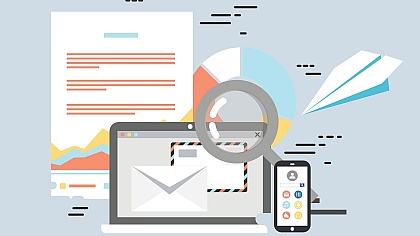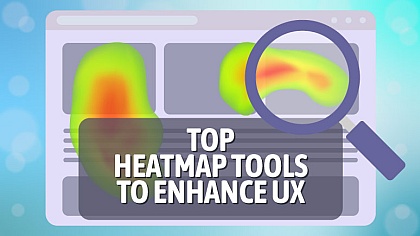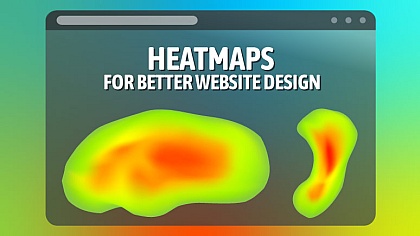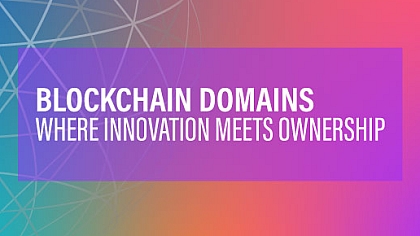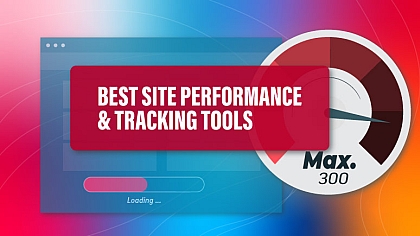
Intersection of Tech & Commercial Due Diligence in Business
In today's rapidly evolving business landscape, technology has become an indispensable tool in various aspects of corporate operations. One area where technology's impact is particularly profound is commercial due diligence. This critical process, which involves evaluating the potential risks and benefits associated with business transactions, has been significantly enhanced by advancements in technology.
By integrating technological solutions, businesses can streamline due diligence processes, improve accuracy, and make more informed decisions.
The Role of Technology in Commercial Due Diligence
Technology has transformed traditional due diligence practices by automating processes, providing deeper insights, and enhancing data accuracy. The primary technological advancements influencing commercial due diligence include:
- Big Data and Analytics: Big data analytics allows businesses to process vast amounts of information quickly. By analyzing data from various sources, companies can identify trends, uncover hidden risks, and make data-driven decisions. This capability is crucial in due diligence, where understanding market conditions, customer behaviours, and competitive landscapes is essential.
- Artificial Intelligence (AI) and Machine Learning (ML): AI and ML algorithms can analyze patterns and predict outcomes with high accuracy. In commercial due diligence, these technologies can automate the assessment of financial statements, identify anomalies, and predict future performance. This reduces the time and effort required for manual analysis and increases the reliability of the findings.
- Blockchain Technology: Blockchain offers a secure and transparent way to handle transactions and data. In due diligence, blockchain can ensure the authenticity of records, prevent fraud, and streamline the verification process. This is particularly valuable in sectors where data integrity is paramount, such as finance and real estate.
- Cybersecurity Tools: With the increasing threat of cyberattacks, assessing a company's cybersecurity posture has become a critical component of due diligence. Advanced cybersecurity tools can evaluate the target company's defences, identify vulnerabilities, and recommend remediation strategies. This helps acquirers mitigate risks associated with cyber threats.
Benefits of Technological Integration in Due Diligence
- Efficiency and Speed: Automation and advanced analytics significantly reduce the time required to complete due diligence. What once took weeks or months can now be accomplished in days, allowing businesses to respond quickly to opportunities and stay competitive.
- Accuracy and Reliability: Technology minimizes human errors and biases, leading to more accurate assessments. AI and ML models continuously learn and improve, ensuring that due diligence processes evolve and adapt to new information and trends.
- Cost Savings: By automating repetitive tasks and improving process efficiency, technology reduces the overall cost of due diligence. Businesses can allocate resources more effectively and focus on strategic decision-making.
- Enhanced Decision-Making: With access to comprehensive data and advanced analytical tools, businesses can make more informed decisions. This leads to better risk management, optimized investments, and increased chances of success in business transactions.
Challenges and Considerations
While technology offers numerous benefits, integrating it into commercial due diligence comes with challenges:
- Data Quality and Availability: The effectiveness of technological tools depends on the quality and availability of data. Incomplete or inaccurate data can lead to incorrect conclusions, undermining the due diligence process.
- Implementation Costs: The initial investment in advanced technologies can be significant. Businesses must weigh the costs against the potential benefits and ensure a positive return on investment.
- Training and Adaptation: Employees need to be trained to use new technologies effectively. This requires time and resources, and there may be a learning curve before the full benefits are realized.
- Cybersecurity Risks: While technology can enhance due diligence, it also introduces new risks. Companies must ensure that their digital tools and data are secure from cyber threats.
The intersection of technology and commercial due diligence represents a significant advancement in the way businesses evaluate potential transactions. By leveraging big data, AI, blockchain, and cybersecurity tools, companies can enhance the efficiency, accuracy, and reliability of their due diligence processes. However, it is crucial to address the associated challenges and ensure that the integration of technology aligns with the organization's strategic objectives.
As technology continues to evolve, its role in commercial due diligence will undoubtedly become even more integral, shaping the future of business transactions.


